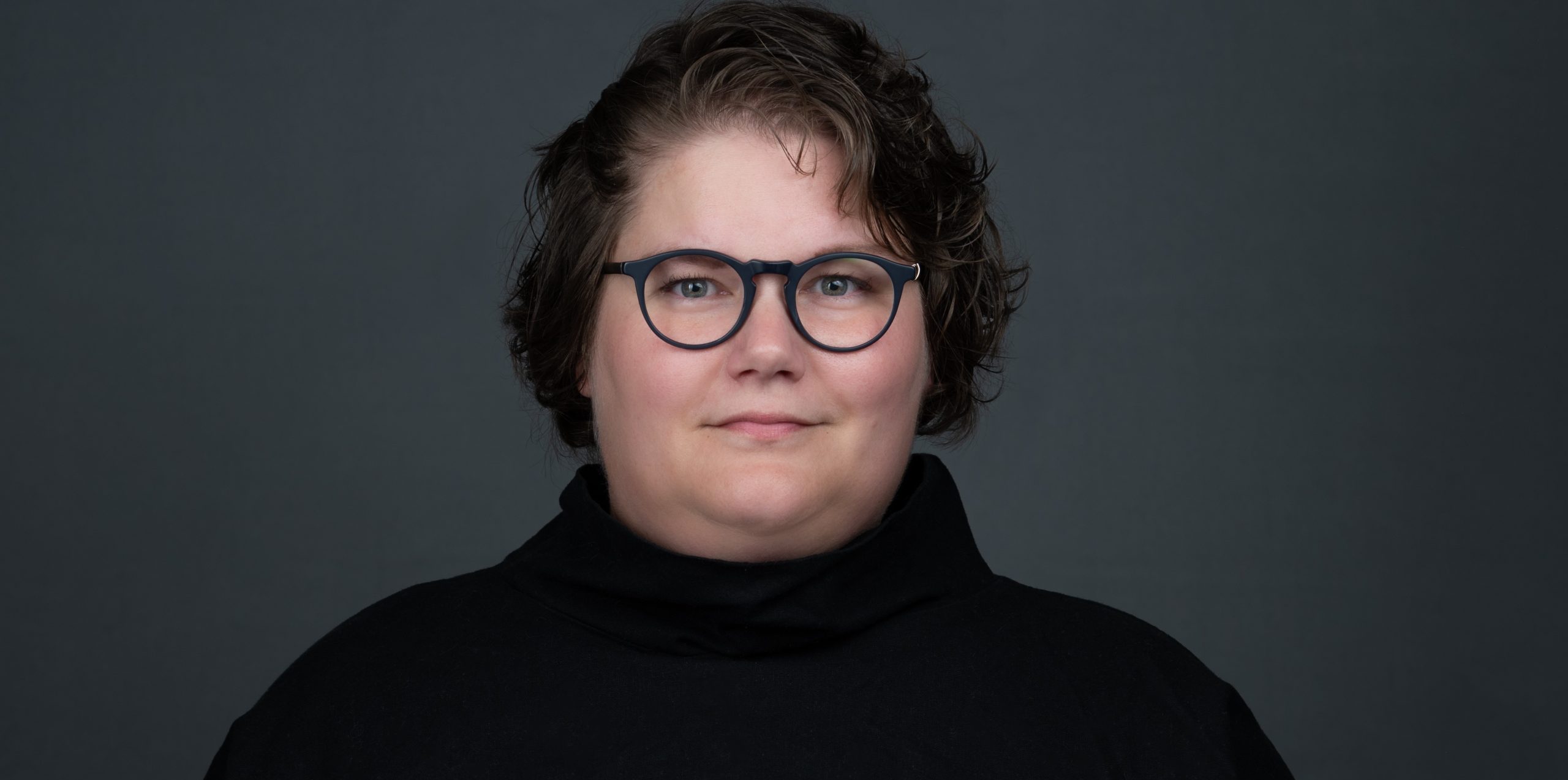Carla Bossart-Pletzer joined OICR’s Patient and Family Advisory Council to help others with cancer overcome the odds, just like she did.
In a matter of a few weeks, Carla Bossart-Pletzer went from visiting the emergency department about a high fever and stubborn rash on her breast to learning she had one of the most aggressive forms of breast cancer.
It was a whirlwind with a shocking result: inflammatory triple negative breast cancer, which has a much lower survival rate than other types of breast cancer.
But Bossart-Pletzer barely had a chance to be shocked. Within days, she was starting chemotherapy to try and shrink her tumour before surgery — a new treatment approach that had only recently become the standard of care.
In the meantime, her scans for metastatic cancer came back clean. By the time she had surgery six months later, doctors found her tumour had shrunk to a fraction of its former size and no evidence of cancer remained her in lymph nodes.
In many ways, everything went right with Bossart-Pletzer’s cancer treatment. Her healthcare providers acted quickly, and her treatment did exactly what it was supposed to.
“All the systems went exactly as they should,” says Bossart-Pletzer, a designer and illustrator based in Sudbury. “Here I am, 18 months later, with no evidence of cancer.”
But her experience with cancer was far from perfect. She still had to go through a year and a half of aggressive treatment that left her with lingering side effects, and she found that the way things operated in the hospitals and cancer centres she visited didn’t feel quite right.
She’s also very aware that things could have gone very differently under other circumstances.
“I have this feeling. Maybe it’s survivor’s guilt,” Bossart-Pletzer says. “But I look at what cancer research has done for me, and how it has changed my future. Now, what can I do to ensure that other people have the same results?”
Just a year and a half since her diagnosis, Bossart-Pletzer is taking action to answer that question by becoming a Patient Advisor and building patient involvement at Health Sciences North in Sudbury and, more recently, joining OICR’s Patient and Family Advisor Council (PFAC). OICR News recently asked her about her early days on PFAC and what she hopes to achieve.
You mentioned that the success of your cancer treatment motivated you to want to give back. Can you tell us more about that?
I think a lot about why things worked so well for me. I know part of it is because I lived in Sudbury, where we have an impressive cancer centre and I was well connected to healthcare people. I also know it’s partly because, as a white woman, I was taken seriously by healthcare providers and was treated expeditiously. Because the reality is, when you look at the statistics with inflammatory breast cancer, it disproportionately affects women of colour in their thirties and forties and is almost always diagnosed at the metastatic stage. So, there’s a certain obligation I feel to make sure that system works as well for others as it did for me.
Is there any area of cancer research that you’re particularly interested in?
I’m still in the early days with OICR, but I’m finding I’m really interested in improving access to clinical trials. As somebody from Northern Ontario, it sometimes seems that people forget that Ontario continues north of Barrie. There’s a huge population of people up here that don’t have access to clinical trials that could help save their lives.
What other impact would you like to have as a patient partner?
I think there’s a misconception that cancer only happens to people under 18 or over 65. But there are unique challenges that come with being a young adult with cancer, and I’d like to bring more attention to them.
For example, I’m only just now able to return to work after a year and a half of treatment. Add that to being a mother in my 30s coming out of a pandemic, and it means every dollar is important. Unfortunately, I had to pay out of pocket for some parts of my treatment. And I was sometimes faced with choices like: do I pay for chemo pills, or do I put my kids in soccer?
How has being a mother influenced the way you approach being a patient partner?
As part of my breast cancer diagnosis, I found out that I have the BRCA1, MSH-6 and ATM genetic mutations, which are hereditary. I have a four-year-old daughter. What is her life going to look like in the future? What decisions is she going to have to make when she turns 18 because she’s scared of getting cancer like her mom? Will I still be alive to help her make those decisions? I don’t know. So, I’m in this window of opportunity to do what I can to make things better for her and for others who may get this cancer in the future.

